House of European History: Lectures
The House of European History is a forum for learning, reflection and debate, open to audiences from all generations and backgrounds. Its primary mission is to enhance understanding of European history in all its complexity, to encourage the exchange of ideas and to question assumptions.
The House presents Europe's history in a way that raises awareness about the multiplicity of perspectives and interpretations. It preserves shared and dividing memories. It exhibits and collects the history of European integration and its foundations.Through lectures hosted virtually and in-person by the House, it aims to strengthen the European dimension in debating and learning about history and facilitate encounters and exchange.
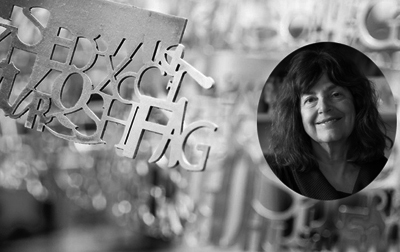
Global Politics versus Great Power Rivalry: The Role of the EU - Envisioning Europe with Mary Kaldor
The EU potentially represents a new type of global power. Classic nation states sharply distinguished between internal power, based on law and politics, and external power, deriving from wealth and military force. Tensions have always existed between differing conceptions of Europe that each envisaged the EU as a post-colonial project, a newly emerging superpower that could challenge the United States, and activists from below that emphasised the role of Europe as a peace project. Professor Kaldor’s lecture outlines how this tension contributed to the evolution of Europe’s foreign policy, particularly focusing on the role of social movements.
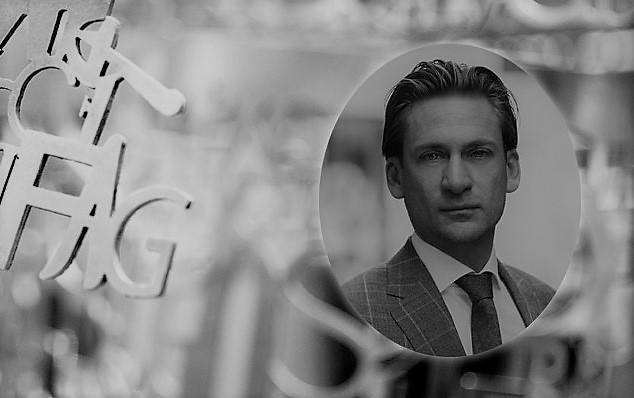
The Europe of European Integration and its Vicissitudes; Past, Present and Future - Mathieu Segers
This lecture given by Mathieu Segers in the Envisioning Europe series from the House of European History explores the current state of affairs in and around today’s European Union, reflecting on whether there is a future for the multilateral Western world. From an economic and (geo)political perspective, Segers analyses the history of the European integration by alluding to an old, burning question: what is Europe?
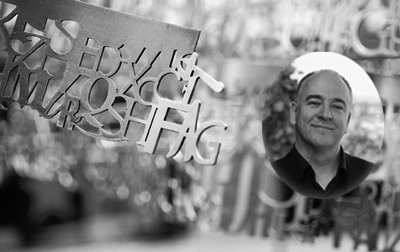
China Through Western Eyes: 800 Years of Cultural and Intellectual Encounters - Kerry Brown lecture
Europeans have been aware of China for hundreds of years. However, one of the striking features of the relationship between the two is the range of conflicting European perceptions, ranging from regarding China as different and exotic, a place of high culture and of a real alternative in terms of worldview and values, to seeing China as a threat and a place of barbarity, cruelty and tyranny. The views of seminal figures like Leibniz, Voltaire and Montesquieu in the 17th and 18th century typify this, split between the admiring, the critical, and attempts to be objective. This talk will examine this history, and identify structures which can help illuminate the nature of Europe’s relationship with China today.
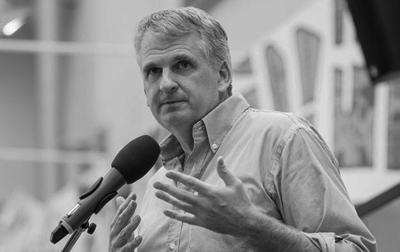
Professor Timothy Snyder lecture — "What past catastrophe teaches us about future possibility"
Snyder’s lecture covers the complex question of what happens after empire. As the United States reached its final frontier and the countries of Europe abandoned their overseas territories both empires had to amend and revive their relevance in a changing world. Throughout the lecture our viewers raised questions on interesting aspects such as the furthering of European integration, Eastern European populists yearning for nation-states and the future of the countries that have suffered from colonialism.
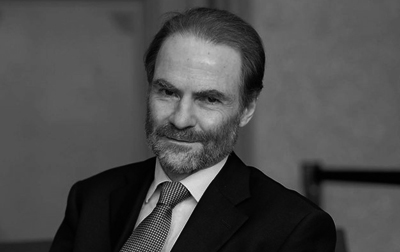
Timothy Garton Ash lecture: What story should Europe Tell?
Faced with Brexit, populism and anti-liberalism spreading to the heart of Europe, an expansive China, and the raw challenges of Putin and Trump, what is the new narrative that can both unite and mobilise today's Europeans? Does it exist? If it does, who should tell this story? Is such a narrative compatible with the ineradicable complexity of European history, and the historian's professional duty to be a myth-buster, not a myth-maker? Timothy Garton Ash, Professor of European Studies at Oxford University, winner of the 2017 Charlemagne Prize, and a self-proclaimed 'English European', explored these questions at the House of European History.
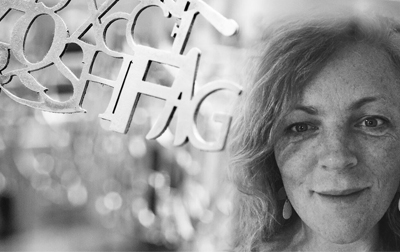
The many pasts and futures of Europe - online lecture with Heike Wieters
There is not one single idea or vision of Europe – let alone of a United Europe as such. In many regards, Europe can only be understood in its plural form, an inchoate and constantly changing entity that may look very different depending on different standpoints and perspectives. In her lecture, Professor Heike Wieters begins by examining European myths and historiographical traditions – highlighting the varying visions and narratives about Europe and its ‘other’ since the 18th century. Looking at cultural, intellectual, economic, social and political conceptions of a ‘United Europe,’ the talk will explore how the many European pasts and futures were – and still are – created.
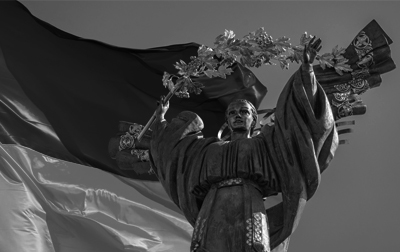
Ukraine: A European history
What can Ukraine tell us about Europe? Since the start of the large-scale Russian invasion of Ukraine, official Russian propaganda claims that Ukraine and Ukrainians do not really exist. Yet we are faced with everyday proof of the opposite. In this online event, academics from the fields of history, sociology and memory are asked to reflect on the questions of Ukrainian identity(ies), culture, values and divisions, both historical and more recent. Instead of approaching Ukraine through the lens of its relationship with Russia, the conversation is firmly centred on Ukraine, its rich, diverse history and culture, as well the evolution of Ukrainian identit(ies) over the past two hundred years. Listen to the conversation here.
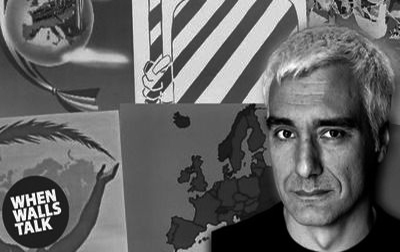
The Cultural Poster in Europe - a Historical Assessment
Join Graphic Designer and Art Director Ovidiu Hrin as he explores how the poster has evolved continuously over the past century to reflect the ever changing needs of society. Hrin uses selection of posters from the ‘When Walls Talk!’ exhibition at the House of European History as a starting point of the lecture, before looking at some of the key stages and nuances in the European poster evolution. Viewing the poster as a mirror of cultural and social movements, the lecture examines the ability of the widely popular visual communication medium to convey complex themes in different historical eras.
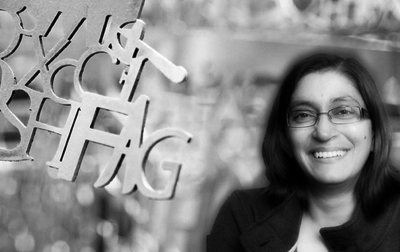
A Decolonial Project for Europe - Envisioning Europe lecture with Professor Gurminder Bhambra
The idea of an unfinished project of modernity has long animated the European project. In this talk, Professor of Postcolonial and Decolonial Studies, Gurminder Bhambra argues that what is needed instead, is to address the unfinished project of decolonization. Moving away from an understanding of Europe constituted as a cosmopolitan continent of nations, this talk examines the implications of its imperial and colonial past. It sets out the ‘varieties of colonialism’ at the heart of the European project and discusses their significance for Europe’s past, present, and future.
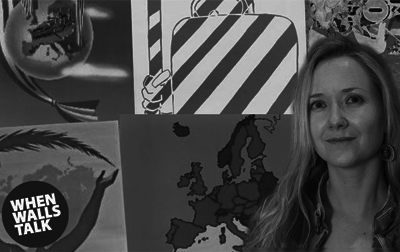
Europe on posters: The Medium is the Message
At the beginning of the 20th century, posters combining words and images represented a radical new medium of visual communication. They were hailed as a uniquely modern and democratic new art form with the potential of bringing art closer to everyday life. In this lecture, Catherine Flood, a curator whose work spans contemporary creative practices and design history, explores the ways in which posters have harnessed and shaped ideas about art, design and society in Europe throughout the major social and political shifts of the last 100 years.
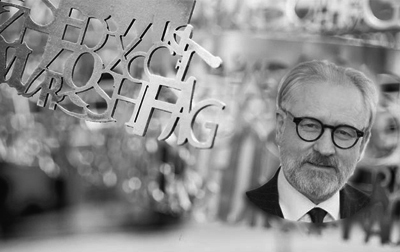
Envisioning Europe: EU and Democratic Experimentation
The EU has been a remarkable experiment in multi-level governance, economic integration and multilateral diplomacy. It has exemplified an important if not courageous democratic experiment. Never before has an equally ambitious democratic project been attempted beyond a nation state. Yet, though the European Parliament has acquired more powers in recent treaties, the EU’s legitimacy has not visibly increased. In a polity with diverse cultures and political loyalties, it is hard to develop democracy through institutional engineering alone. Professor Zielonka proposed an alternative democratic path for the EU that will empower citizens through novel forms of contestation, participation and representation, and argue why a Europe of networks demands a different form of democracy than the Europe of states.
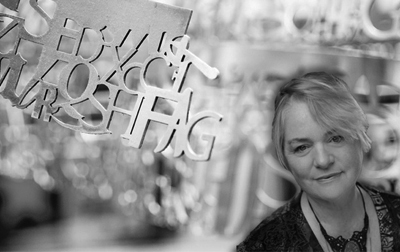
The future of Europe via its history and mythology
In this lecture, Professor Kalypso Nicolaïdis draws from the the Envisioning Europe lecture series and from her keynotes of the 5 last years. She aims to offer her own lessons from the broad topics of the Conference on the Future of Europe (COFOE), ranging from climate change, economy, social equality, European rights and values, rule of law, migration, and the EU role in the world. In order to envision the future of Europe, Professor Nicolaïdis argues that can do well to put ourselves in a space of “political imagination” at the intersection between the Longue Durée perspective and mythological foundations, as we consider where the EU should go next in the wake of the COFOE experiment.
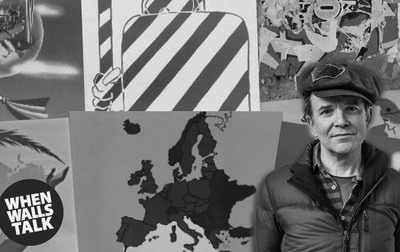
Posters can help us create a better world - Online lecture by Clive Russell
In this online lecture, UK-based graphic designer Clive Russell uses examples from the House of European History's "When Walls Talk" exhibition and anecdotal evidence to explore ways with which posters can reconnect design with its social purpose.